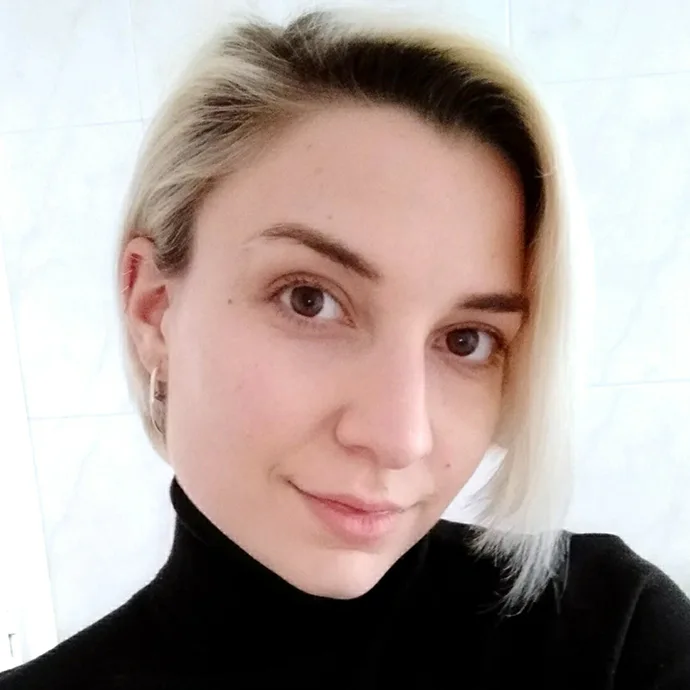Abstract
The purpose of this presentation is to discuss the epistemological and methodological aspects, as well as to introduce the preliminary results of work-in-progress that is my predoctoral research. My thesis -developed within the international project How Did the Antibiotic Pipeline Run Dry? (DryAP)- aims at offering a situated narrative of antibiotics and its resistances through the Spanish research carried by women microbiologists during the 1980s-1990s. In a period of both increasing awareness on antimicrobial resistance (AMR) and negotiation of the Spanish sociopolitical spaces, including the scientific -after the transition to democracy from the Franco regime-, the industrial, clinical and academic collective spaces of expertise are acknowledged as central objects of study. In them, the reciprocal interaction between the gendered hierarchies and the social order of the laboratory are analyzed as means to find and recognize the trajectories, networks, techniques, skills and authority of women microbiologists. With an individual and general focus, this work addresses the reasons why new classes of antibiotics are not produced, by combining the life histories of different agents involved: scientific regulations, women researchers, the Spanish antibiotic industry and the antibiotic fosfomycin.
Bio

Isabel María Gómez Rodríguez is a PhD Candidate in Social Studies of Science at the Institute of Philosophy of the Spanish National Research Council (IFS-CSIC) and at the Doctorate program in Logic and Philosophy of Science at the University of Salamanca. After obtaining her Bachelor’s Degree in Biotechnology at the University of Valencia, she specialized in Gender and Diversity Studies and Science, Technology and Innovation Studies at the University of Oviedo. Her work in this field is focused on ecofeminism as well as ontological, social, and bioethical dimensions of molecular biology, genetics, and biotechnology. She’s part of the How Did the Antibiotic Pipeline Run Dry? (DryAP) project, in which she conducts feminist historiography of science, focusing the power hierarchies inside the laboratory and experiences of Spanish women microbiologists researching on antibiotics during the 1980s-1990s.
About the seminar series
This seminar is a part of the Medical Anthropology and Medical History Seminar Series (MAH). Sign up to our mailing list at sympa.uio.no to receive regular invitations.